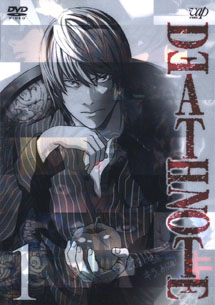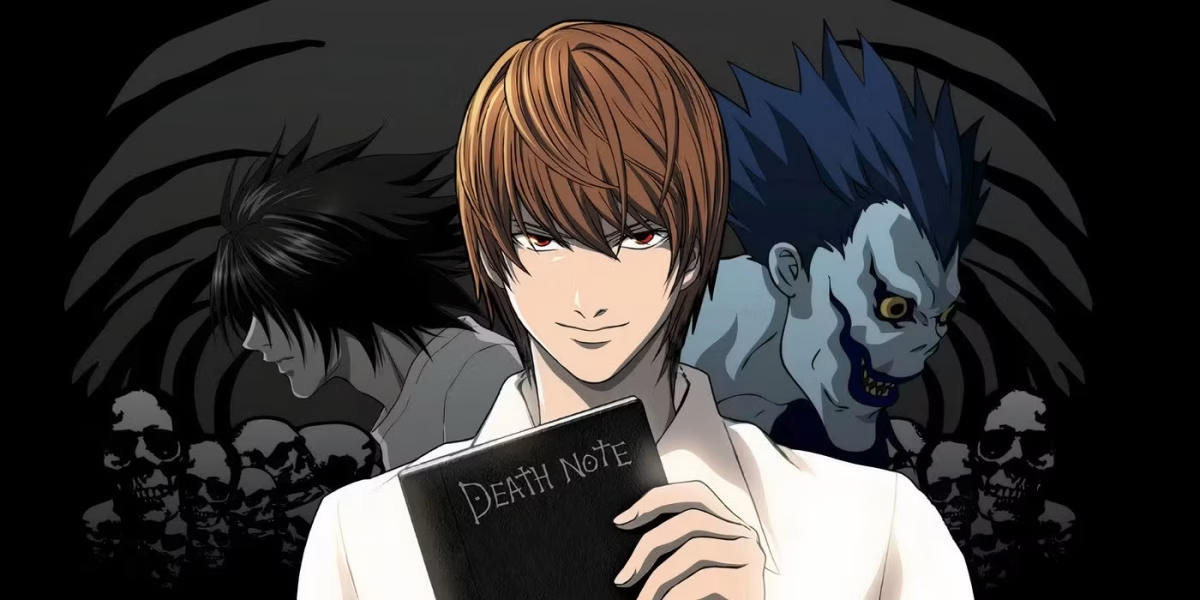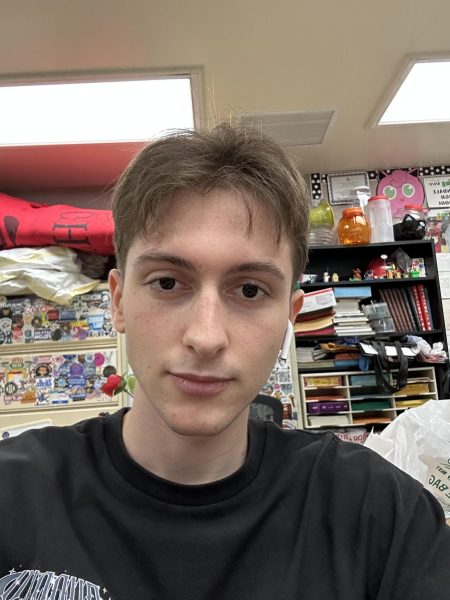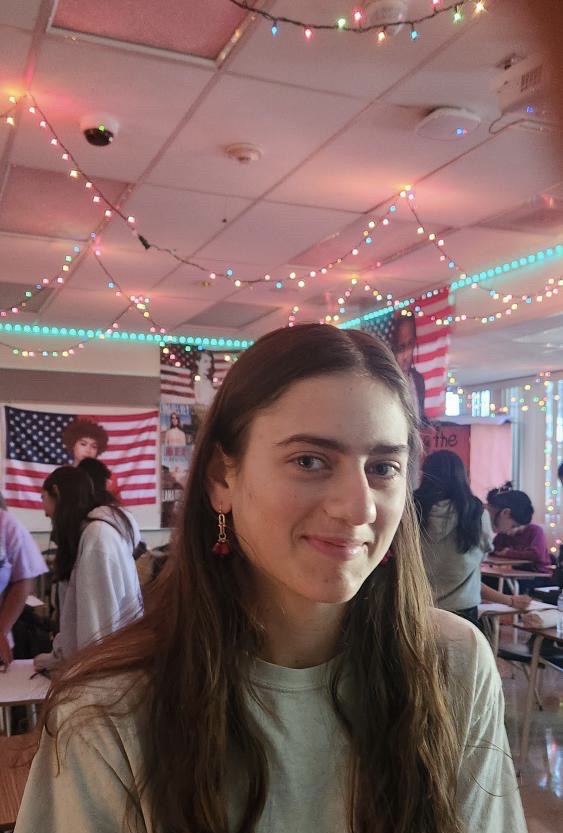 Have you ever thought about getting into anime? What if I told you there’s a show that combines the best elements of suspense with an incredible psychological thriller?
Have you ever thought about getting into anime? What if I told you there’s a show that combines the best elements of suspense with an incredible psychological thriller?
Death Note was originally a Japanese manga written by Tsugumi Ôba, starting in December 2003. The anime production, on the other hand, was directed by Tetsurō Araki, while the animation itself was done by Madhouse Inc. Additionally, the program’s main English voice actors are Brad Swalie, Brain Drummond, Alessandro Juliani, and Cathy Weseluck.
While the story of Death Note was completed in 2007, Netflix gave the series a new generation of fans after they started streaming it in 2017, alongside a live-action adaptation. After watching the anime myself, I can confidently say that it’s worth your time. Even though, by the end of the series, it loses the spark that made it so enjoyable in the first place, it’s still great and worth the watch.
Our protagonist, Light Yagami, is a top high school student in Japan, who believes the world is “rotten” and the people who are making it rot deserve to be punished. Early in the story, he gets ahold of a notebook that can dispose of anyone whose name is written in it.
 As a result of this newfound power, Light goes on a secret quest to rid the world of criminals. As this is happening, a genius who goes by the alias “L”, and is the complete opposite of our main character, tries to stop him by working with the police. As the story progresses, we see Light struggle against his own morality, as he lets the power of the notebook corrupt him into someone unrecognizable from the first episode.
As a result of this newfound power, Light goes on a secret quest to rid the world of criminals. As this is happening, a genius who goes by the alias “L”, and is the complete opposite of our main character, tries to stop him by working with the police. As the story progresses, we see Light struggle against his own morality, as he lets the power of the notebook corrupt him into someone unrecognizable from the first episode.
Death Note is one of the best shows that I’ve ever personally seen, and one reason why is the unique nature of the series. On the surface, it seems that what Light is doing is for the greater good. On the other hand, you could consider that Light is the villain in his own story, and this makes the audience begin to question if what he’s doing is right.
What’s more, our protagonist is a top student in Japan. We get to see him apply his intelligence to the problems at hand, by both manipulating others, finding ways to solve problems and getting past those people who are trying to stop him.
The voice actors in this production have done their fair share behind the scenes to bring the production together. The most notable performance is by Brad Swalie, who portrays Light in the English version. He has knocked his role out of the park, and you will even feel goosebumps in some of the scenes he voices.
The soundtrack of this show is a substantial part of the story. The music plays an important role in adding a feeling of suspense and anticipation to each moment. As a consequence, it makes it a lot more nerve-racking and adds an impact to every scene.
One track that is particularly interesting is “Low of Solipsism”, which plays during the darkest scenes in the series. It helps add more emotion to the already gut wrenching moments, but it also has a somewhat soothing sound towards the end.
I’d go as far to say that Death Note has one of the most recognizable soundtracks of all time, across all media. From the very first episode, you will hear tracks that you never before knew were a part of this show.
On the downside, this series is a victim of its own length, and drags out for far too long. The complete series is a total of thirty-seven episodes, but some episodes lack importance and they will fail to keep you entertained. If only this series had stayed in the twenty-episode range, it would have done a lot of good to keep the audience on their toes.
There are also some aspects of the series that some people don’t like, but I have enjoyed. Specifically, many viewers find the conflict between Light and L to be tiresome. But these two characters are incredibly intelligent, and when they are trying to put a stop to each other’s actions, it gives the feeling of a cat-and-mouse chase.
Truth be told, there is nothing on Netflix like Death Note. It has its flaws in its surplus of episodes, and the back-and-forth feud between the two main characters may sometimes bore the audience. But this series excels in its plot, by building a well-thought-out cast of characters, supported by incredible voice acting. Another great aspect is how the series features a well-known soundtrack and a unique plot.
If you enjoy the anime genre, try checking out our review of Attack on Titan by Joshua Flint, or read our take on Demon Slayer, written by Vahag Karsyan. Stay animated, Nitros!












